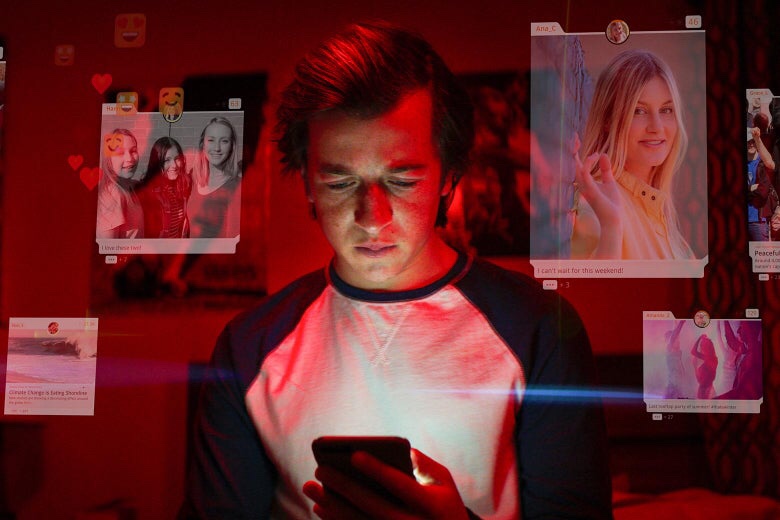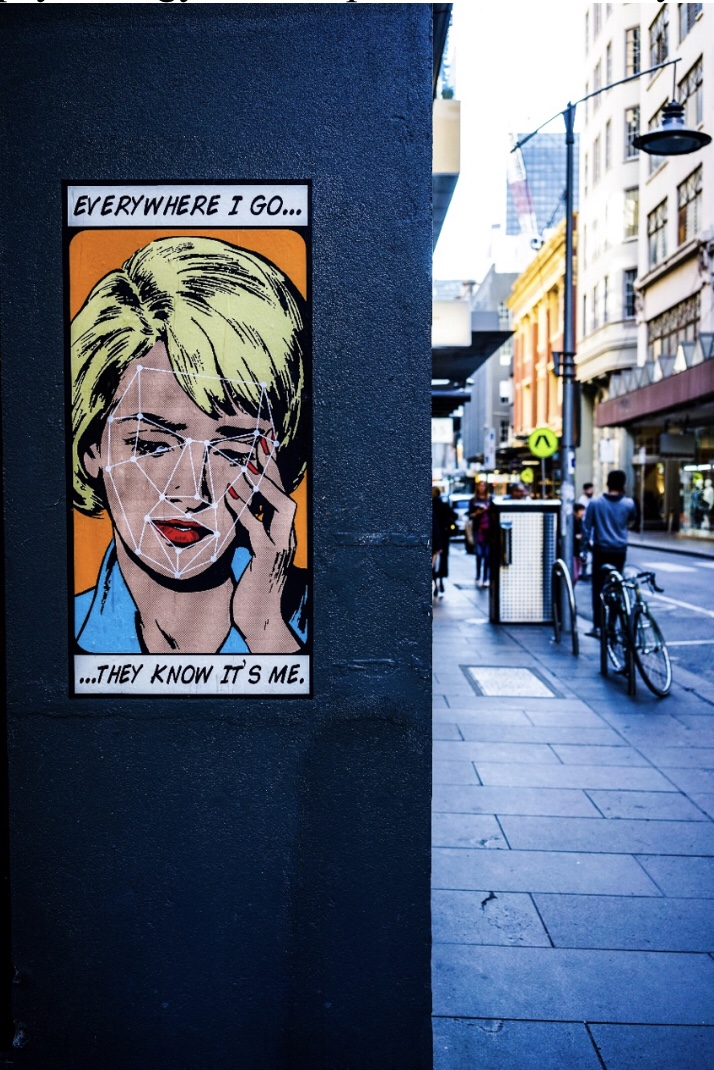Netflix’s The Social Dilemma says it’s time to unplug
/Mykal Kaminski

Netflix’s latest documentary, The Social Dilemma – riding high on the topten “must see” offerings currently available on the streaming service – asks and answers the question: Is social media (SM) a tool?
“Guns don’t kill people; people do,” is a popular slogan from the gun-rights lobby. It may be simplistic, but is logically accurate. Netflix’s documentary film makes the case that, rather than being a tool such as gun, social media is more like the Terminator; a near-sentient machine that could metaphorically – or literally – kill you.
There are objections. Similar complaints arise every time a new technology emerges. It’s not hard to imagine some ancestor ranting that “this new-fangled steam-engine-thingy is gonna ruin civilization!” But the cast of The Social Dilemma have a strong reply. Tools sit idly until someone decides to do something with them. Social media, the documentary persuasively argues, is an active agent. By finding out more about you that you know about yourself, SM is consciously and subconsciously pushing you towards making decisions, forming options, and deciding how you feel about yourself.
It’s rather terrifying stuff, and Jeff Orlowski, who directed the doc, offers no sugar coating. In his words, he seeks to “bring compelling new insight to a familiar topic while also scaring the absolute sh*t out of you.” In short: Google, aligned with Facebook, Instagram and other SM platforms are preying on our simple cavepeople brains and sinisterly re-wiring us into compliant consumers.
The Social Dilemma features a list of ex-department heads and former high-ranking SM creators – such as the guy who helped develop Facebook’s “like” button and Sean Parker of Napster and Facebook. These folks claim they have returned from the dark side and now penitently want to bring ethics into technology.
The overwhelming goal of social media, these confessors claim, is to keep you glued to your screen. Many if not most of us have had the experience of searching for running shoes and then having a shoe ad pop up on our Facebook feed; it’s a bit creepy, but we see the connection. We know the big tech firms buy and sell our data; we know we are the product. But could looking at a picture of someone for a certain length of time trigger an algorithm to place more of that person on your feed to keep you online? Or might you get a reminder that so-and-so has updated their profile photo if “big brother” computes that you’re not checking your feed enough? When does it all become too intrusive? Are people really ok with an AI system monitoring and predicting their moods and then using persuasive psychology to manipulate them to buy stuff?

The film depicts many of these ideas by using an actor to play three characters working in a control room. This trinity has a single goal, keeping you online and offering you up for bids to advertisers. It’s a bit cheesy, but it helps illustrate a point: SM isn’t evil – it can’t be evil. Like the Terminator, it’s just programmed to do a job. It sells stuff – morality isn’t part of the math.
Professor Shoshana Zuboff coined a phrase that works well for what The Social Dilemma alleges Zuckerberg et al are engaged in: “Surveillance Capitalism,” part of the title of her 2019 book that argues by embracing social media, we have created “a controlled ‘hive’ of total connection that seduces with promises of total certainty for maximum profit.”
The film also uses a cast of actors to portray a “typical” American family and their tech-addicted teenagers, and while the gimmick doesn’t work in places, it does shine some light on how people who grew up in a post-internet world have had their brains re-wired.
The documentary correlates skyrocketing teen suicides with the year SM became available on phones: 2009. Of course, correlation doesn’t always equal causation, however, SM clearly only shows a curated life. Sadly, too many haven’t figured that out yet. Growing up in a world where the internet has always been “reality” and SM equals “communication,” why wouldn’t your sense of self be warped?
The film also decries the tech giants for adding fuel to global polarized politics. Take the Wiki verses Google example. When two people read a Wikipedia entry, be they on different sides of the world, they read the same thing. But two people in the same US state – even living next door to each other – get very different auto fills on Google. Obviously, they know what you search for, where you go (Google maps) and what times you do things. Add in data bought from SM and type “Trump is a…” in one house and Google offers, “amazing president.” Type the same query one door over and the auto fill is “…is destroying America.”
Google isn’t offering what the majority of the planet is searching for; it’s offering what people like you are searching for. As we all stay in our bubbles, unchecked confirmation bias has become self-evident “fact.” Everything I see in my feed and in my searches says I’m awesome and right! Ergo, my neighbor must be evil to think otherwise.
The Social Dilemma points out at the start all the good SM has done. People brought together; organ donations and much, much more. Some critics are unconvinced that SM is the equivalent of an AI-drug trip. Others argue the documentary oversimplifies. The film also strays into hyperbole. Google employee Tristan Harris saying social media is a “checkmate on humanity” might be a bridge too far.
It’s unlikely to convince many to quit SM and switch to pro-privacy search engines, however the vividly painted picture of a near-certain ‘hive’ future that few are ready for should – if nothing else – cause some to put down their phones for five minutes and reflect; which is quite an accomplishment in itself.
